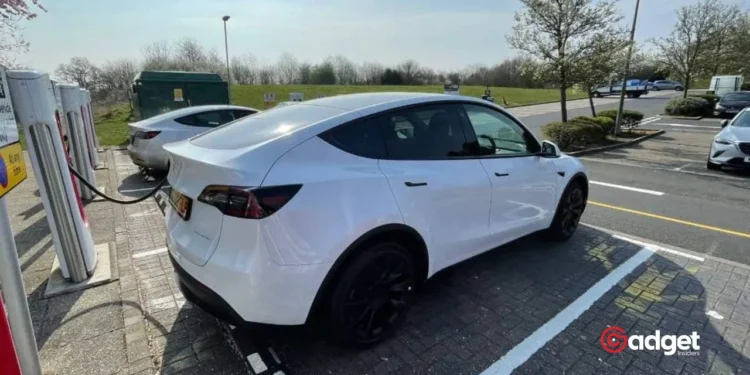Electric vehicles (EVs) have been a hot topic in recent years, generating both enthusiasm and skepticism. A new study by Kelley Blue Book parent company Cox Automotive, titled the “2024 Path to EV Adoption,” sheds light on the future of EV skepticism.
According to the study, most skeptics will consider buying a battery-powered vehicle within three to five years, and 80% will be open to the idea within a decade. This timeline aligns with the plans of automakers and governments aiming for a significant shift to electric cars by the early 2030s.
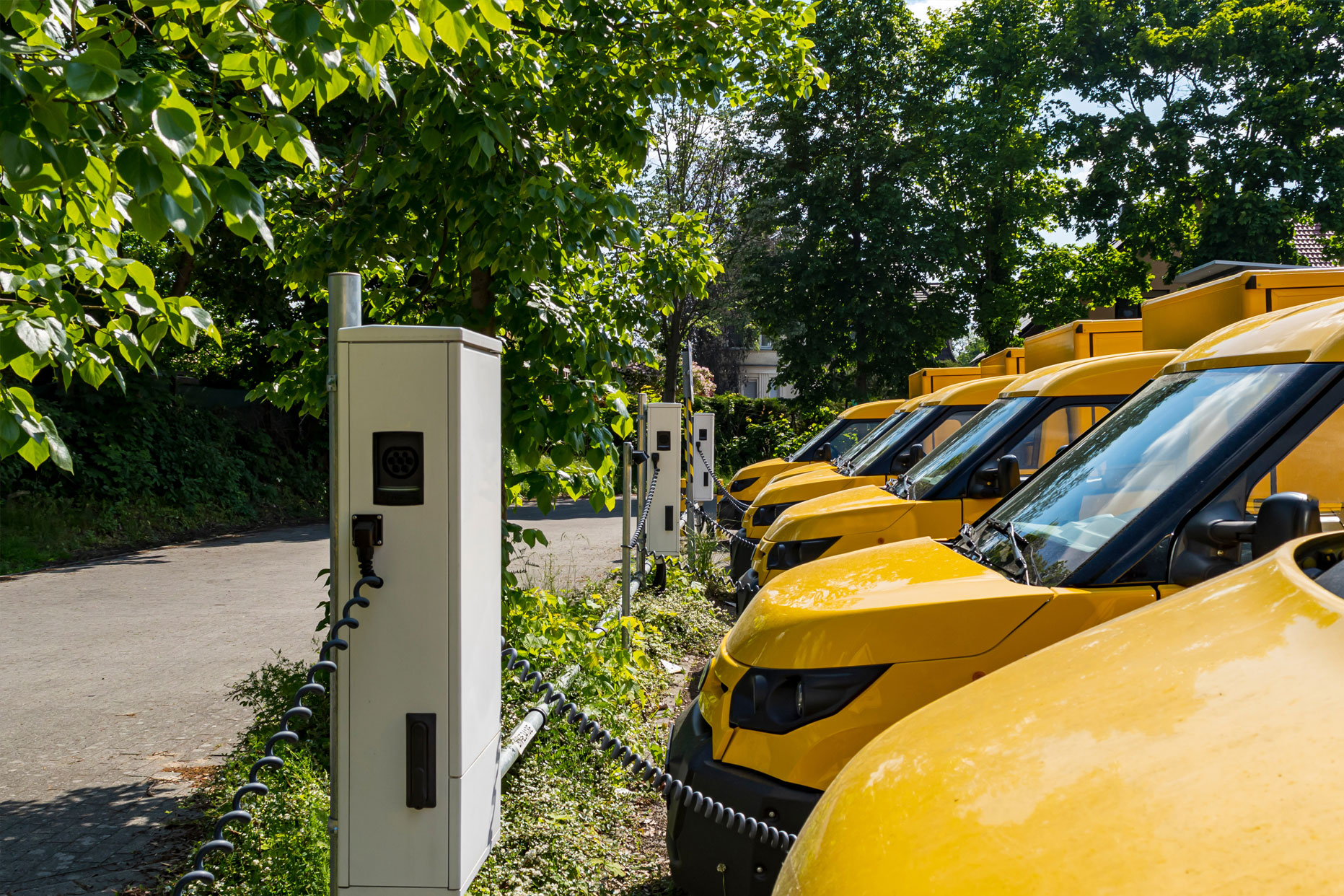
Current EV Landscape: A Slow but Steady Shift
Last year, Americans purchased approximately 1.2 million EVs, accounting for 7.6% of all new car sales. Cox Automotive projects that Electric Vehicles will surpass 10% of new car sales this year. However, the growth in EV sales has slowed. The first quarter of 2021 saw more EVs sold than the previous quarter, but the rate of switching from gas to electric has become more gradual.
The researchers surveyed 2,557 American car shoppers to understand their perceptions and attitudes towards EVs. “Currently, 45% of consumers in the market for a vehicle within the next 12 months are considering an EV,” the study reports. This is a slight decline from 51% the previous year, highlighting the slow but ongoing transition.
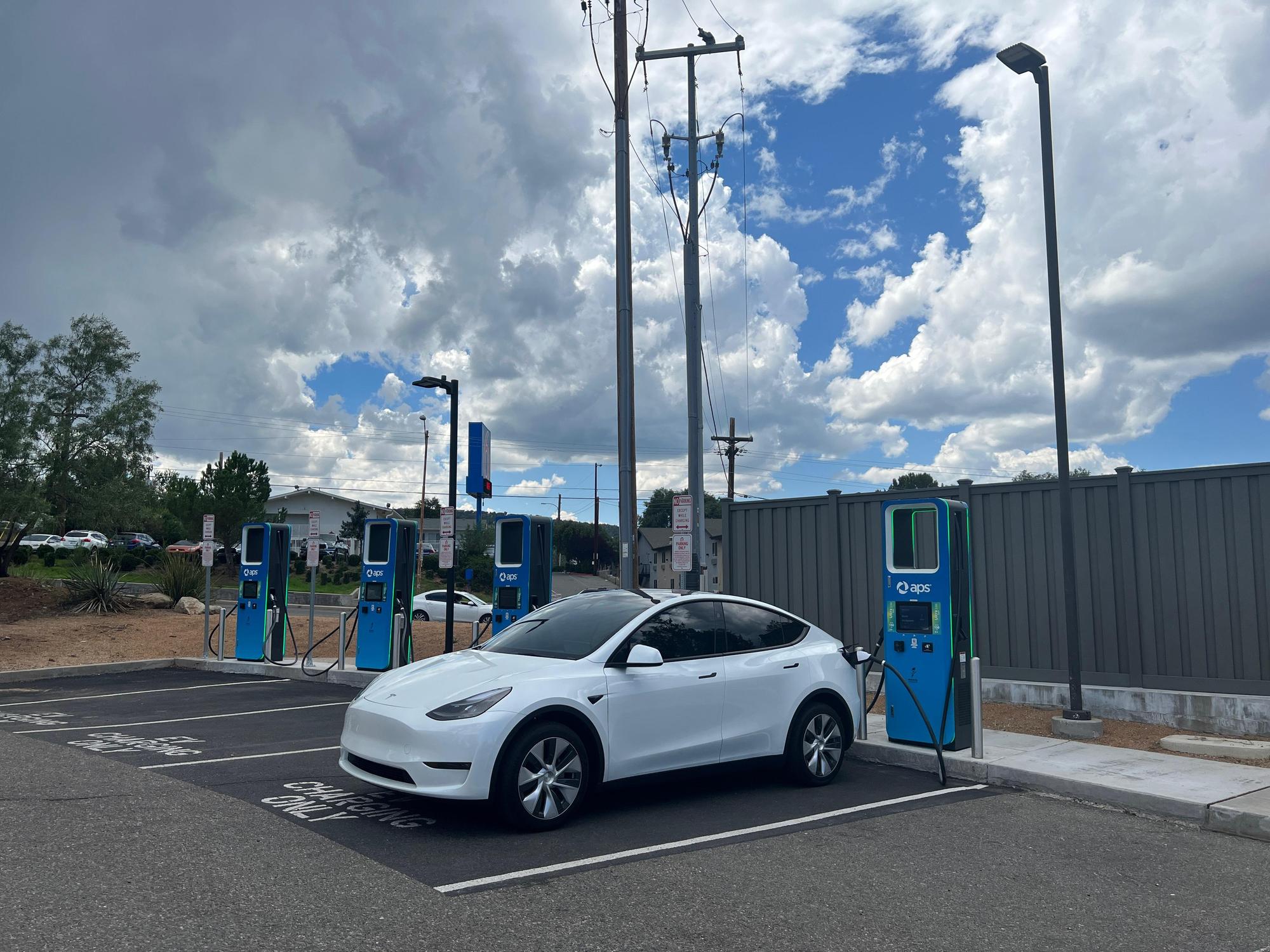
Overcoming Skepticism: The Road Ahead
Despite the slow growth, the study indicates that skepticism will wane as technology improves, charging networks expand, and prices moderate. “54% of current skeptics will become EV considerers within three to five years,” the researchers note. By 2034, 80% of today’s skeptics will be open to the idea of owning an EV.
The barriers to EV adoption are well-known: high prices, limited range, and insufficient charging infrastructure. “Price is often the top barrier holding shoppers back,” the study states. On the other hand, skeptics primarily cite the “lack of charging stations” as their main concern.
Industry and Government Plans Align
The projected timeline for the decline in EV skepticism aligns with the plans of many automakers and government regulations. Several car companies, including Mercedes-Benz, Volvo, and General Motors, have set goals for mostly EV lineups around 2030-2035. Even though some automakers have relaxed their timelines, the shift towards EVs remains a priority.
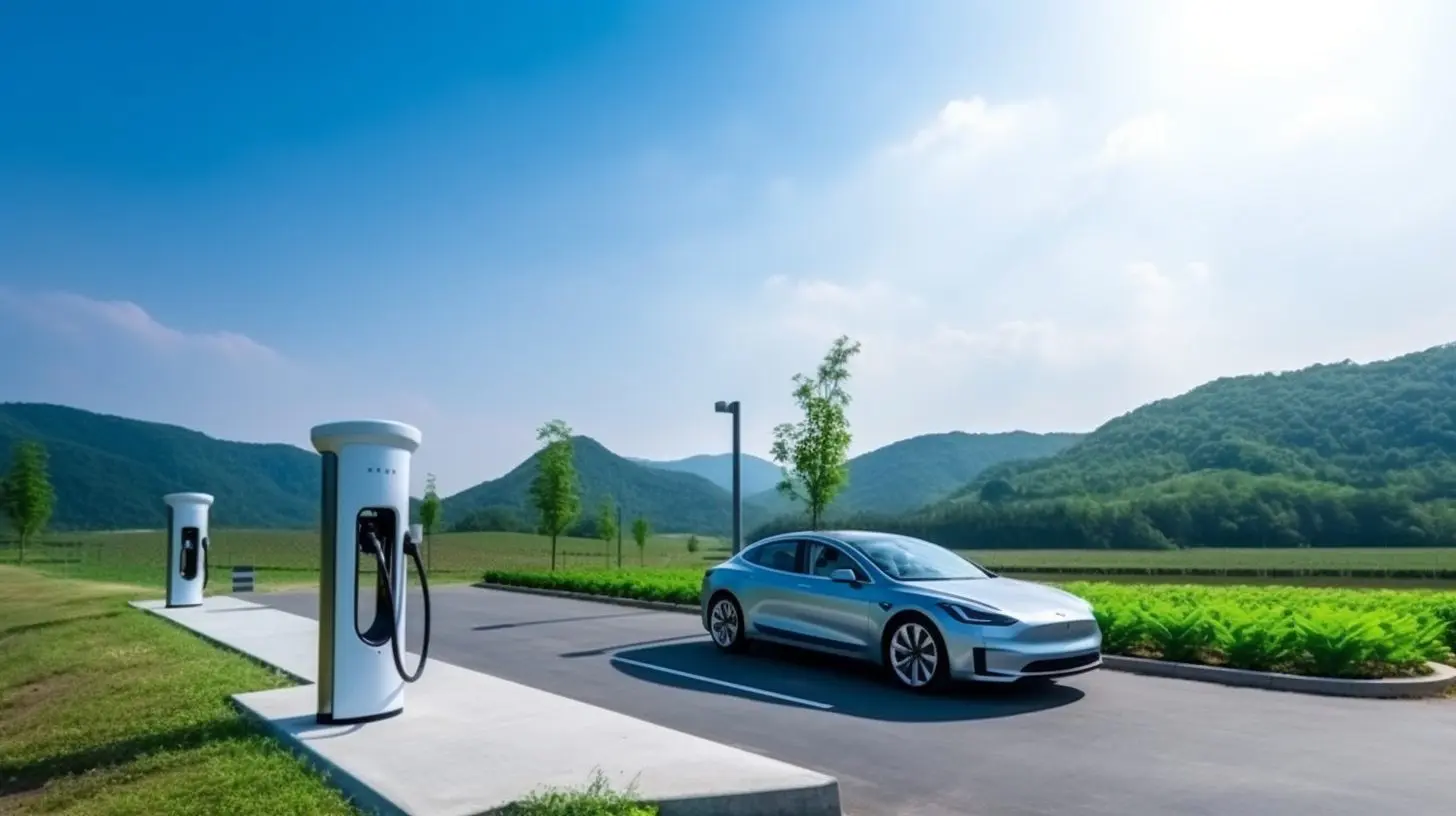
Government goals also target the early 2030s. New federal tailpipe emissions rules passed in March mandate that most automakers build a predominantly EV lineup by 2032. This convergence of industry and government plans suggests a coordinated effort towards a future dominated by electric vehicles.
The Future of New Car Sales: Electric Vehicles Dominance
While the transition to Electric Vehicles is inevitable, the day when most new car sales are electric will not immediately result in a majority of EVs on the road. The U.S. has about 288.5 million registered cars, and Americans buy between 13 and 17 million new vehicles annually. As not every new car replaces an old one, gas-powered cars will remain common for years.
Despite the controversy surrounding Electric Vehicles , there is a growing consensus that the shift towards electric vehicles is on the horizon. Most Americans agree that an EV isn’t right for them today, but many will be ready to make the switch as the industry and regulatory environment evolve.
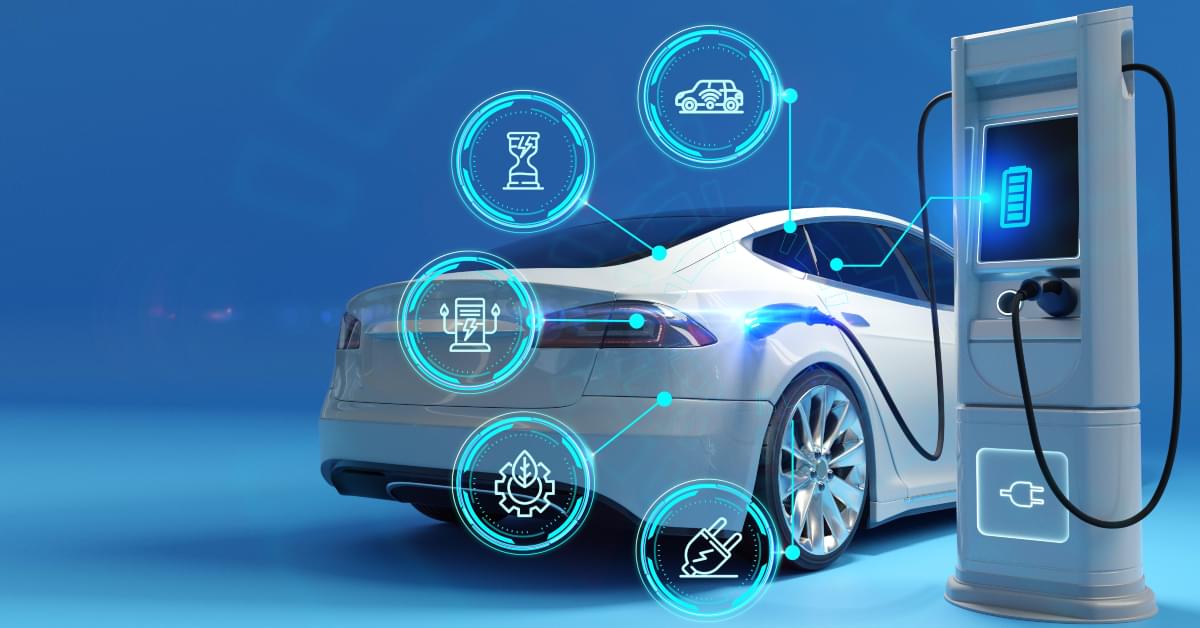
Conclusion: A Greener Future Awaits
The “2024 Path to EV Adoption” study by Cox Automotive paints an optimistic picture of the future of electric vehicles. With advancements in technology, expanding charging networks, and decreasing prices, the barriers to EV adoption are gradually falling. By the early 2030s, a significant portion of today’s skeptics will likely embrace the benefits of electric vehicles, paving the way for a greener, more sustainable future.
As the automotive industry and government policies converge on a timeline for widespread EV adoption, the stage is set for a transformative shift in how we view transportation. The journey may be slow and steady, but the destination promises a cleaner, more efficient world powered by electric vehicles.

